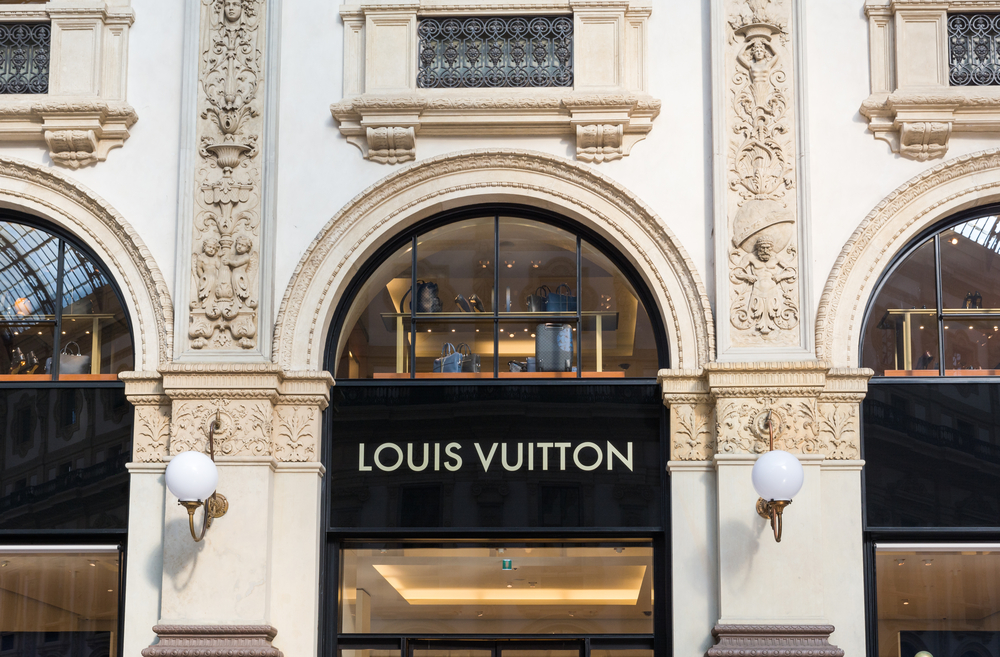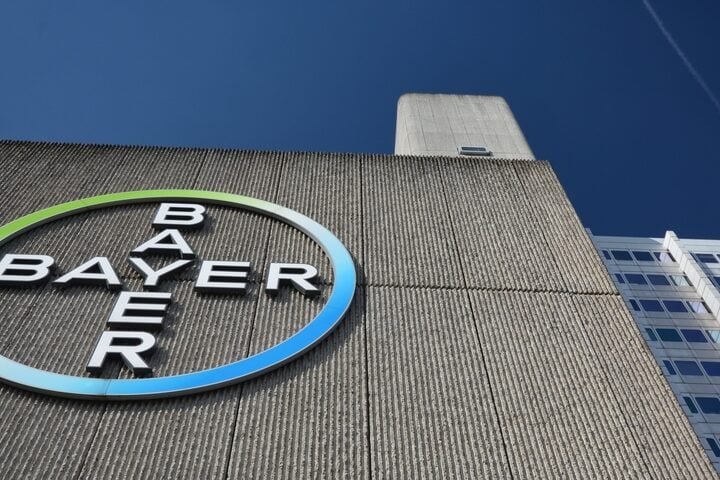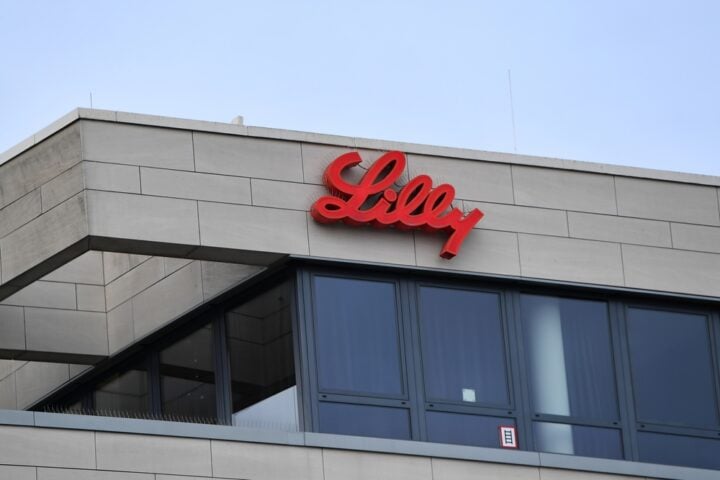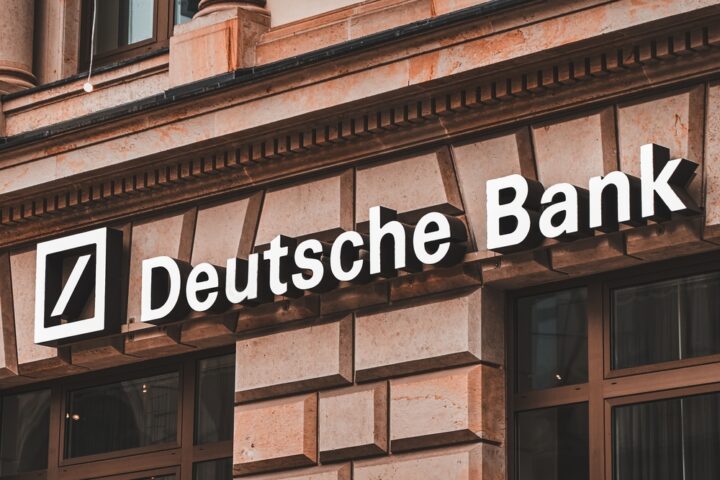First-Quarter Sales Drop and Market Impact
LVMH shares plunged 7.8% on Tuesday, losing its position as the world’s largest luxury firm to rival Hermès. The sharp drop followed a 3% year-on-year fall in first-quarter sales, missing analyst expectations. This drop also pulled down other luxury stocks, including Kering, Burberry, and Richemont, as broader market gains failed to offset the sector’s struggles.
Luxury Sector Faces Pressure Amid Economic Uncertainty
LVMH’s market capitalization dropped to €244.1 billion ($275.4 billion), trailing Hermès’ €246.4 billion. The company, which was Europe’s most valuable since 2021, has seen over a 45% decline in value from its record highs in 2023. Meanwhile, Danish drugmaker Novo Nordisk and German software firm SAP overtook LVMH’s position as top European companies, highlighting broader market shifts.
Weak Demand for Key Products
In its first-quarter report, LVMH flagged a significant decline in its wines and spirits division, down 9% due to weaker demand for cognac in the U.S. and China amid geopolitical tensions. The fashion and leather goods division, accounting for 78% of the company’s profit, also dropped 5%. Sales of watches remained flat. The only region to show growth was Europe, which saw a 2% increase, while sales in Asia (excluding Japan) fell 11%, U.S. sales declined by 3%, and Japan saw a 1% drop.
Impact of U.S. Trade Policy and Tariffs
The luxury sector, heavily reliant on global supply chains and U.S. consumer demand, faces numerous challenges, including U.S. President Donald Trump’s unpredictable trade policies. LVMH, which owns major brands such as Louis Vuitton, Moët & Chandon, and Hennessy, is the first major European luxury firm to report earnings since the announcement of the delayed reciprocal tariffs. Investors are now concerned about how tariffs will impact input costs and consumer demand, especially in critical markets like the U.S. and China.
Uncertainty in the Luxury Market
Despite these challenges, LVMH’s CFO Cecile Cabanis indicated that there had not been a “major change in trend” during the first quarter. However, she noted that the luxury market is vulnerable to economic cycles, particularly in categories like wines, spirits, and beauty products. Analysts warn that tariffs could dampen demand further, especially in the U.S. and China, where luxury goods are highly sought after, potentially delaying the recovery of the luxury sector.







